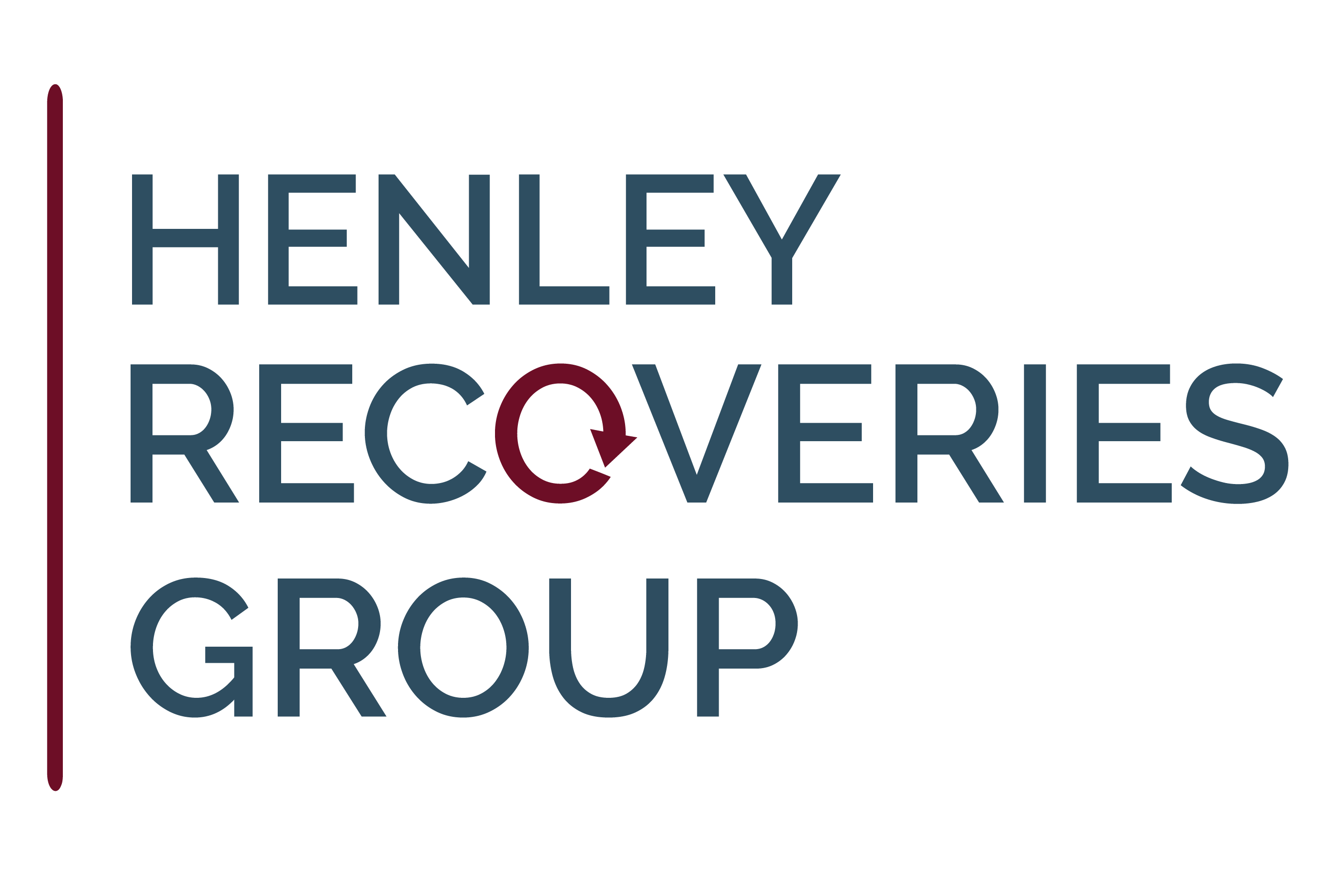
10 Common Errors That Make Debt Recovery Difficult
Debt recovery doesn’t have to be a long and difficult process. In fact, professional agents can achieve results quickly and effectively with the right information. Usually, the things that hold the process up are factors that come into play long before a debt is referred to a mercantile agency for collection.
A lot of the time, our clients aren’t even aware of circumstances that could potentially hold their case up. So here’s our list of 10 common errors that make debt recovery difficult;
1. Not having adequate protection against debts
We recommend always having your clients sign a contract, quote or terms of trade – no matter how small the job. Not only does this confirm that the debtor agreed to you providing goods or services, but you can also ensure that certain clauses are put into the contract to deter non-payments early on.
These clauses set out to ensure that you are able to recover any legal or debt recovery fees incurred while trying to get payment for invoices. In our experience, having these clauses within the contract has made the debts much easier and quicker to recover, and provides us with leverage to negotiate payment from the debtor.
2. Not gathering enough information from your debtor
Some of the most difficult debts to recover are those that come through with minimal contact information for the party owing money. Whilst we have recovered many cases with simply a phone number or an email address, they generally take longer to fully recover.
Important information to gather from your clients (to aid the debt recovery process) includes having at least a phone number, an email address, a postal or physical address and their full name. This allows us to cover all bases and have several methods to communicate with a debtor. Alongside that, should you wish to take any legal action you may require these details. We also recommend using this information to conduct a credit check on new clients.
3. Keeping insufficient or out of date records
Alongside not gathering enough information on the debtor, another common issue that we come across is having out of date client information. During your time with the client, ensure that you regularly check their contact details on record and ask them to update you if they have changed.
In combination with contact details, insufficient record keeping on the product or service provided to your client is also something that can complicate the debt recovery process. For example with our clients in the construction industry, a great deal of disputes we see could be solved with better record keeping. Keeping images of jobs and proof of materials purchased is good practice, as it allows us to prove to the debtor that the job was completed correctly, and mitigate any disputes that may arise causing settlement at a lower amount.
4. Insufficient quoting and invoicing
During the debt recovery process, if there are issues with our client’s quoting and invoicing, the debt is far less likely to be recovered. Errors and mismatching information on quotes or invoices is easily one of the biggest causes for disputes and non-payments that we see. If the administrative process is carried out correctly, it leaves little to no room for debtors to raise disputes or concerns about the funds in question.
When invoicing, not only do errors and insufficient information extend the debt collection process, but so does not invoicing quickly in the first place. While it can seem like a boring and administrative task, invoicing promptly after providing a product or service means that your work is fresh in your client’s mind – which naturally leads to quicker payment times.
See our blog on how to follow up on unpaid invoices for more information.
5. Waiting too long to refer an unpaid invoice for recovery
It’s no secret in the debt collection industry; the older a debt is, the less likely it is to collect. As debts age, we notice that the average timeframe for recovery begins to extend. Australian legislation also has ‘statute-barred’ debts, which outlines a strict time frame in which a debt can be legally pursued. Most states have a period of about 6 years; although we do recommend submitting a debt for recovery within a couple of months of it becoming overdue, for the best chance at full recovery.
6. Commencing legal action before trying debt recovery
We see many businesses that commence legal action before even attempting to utilise a recovery agency. This may seem as if it’s effective, however often it can be more costly and time consuming than simply going through a debt recovery agency. Debt collectors are skilled negotiators and are able to communicate with your debtors on a ‘clean slate.’ This means that a lot of the time, they are able to be more effective at reaching a solution or processing payments before wasting precious time and money.
7. Writing the debt off too early
On the other hand, writing a debt off too early because of the size or perceived difficulty of collection, is also a common occurrence. We have collected numerous debts that our clients were going to write off for being ‘too small’ or a ‘lost cause.’ Having a third party (in the form of a debt recovery agency) assist in the process, provides a fresh perspective and increased authority. Plus for debts that seem too small to recover, our agency operates on a no win, no fee basis – so why not give it a go!
8. Not being flexible or losing your cool
We aren’t talking about letting debtors just get away with simply not paying. This point is actually in reference to being unwilling to solve disputes. It’s very easy to become frustrated and fed up with a debtor who is repeatedly putting off payments. Reacting to the situation usually pushes debtors over the edge and consequently deters payment even further.
The best course of action is to remain calm and continue through your accounts receivable process. Be open to solving disputes (within reason) and hear out your debtor, or refer the debt to an agency to be collected. If you want advice on your accounts receivable process, you can contact us for a free consultation.
9. Only having verbal communication
While verbal contracts do carry legal weight, they are difficult to prove if the matter goes to court. The most effective safeguard against non-payments is to confirm prices, quantities or instructions for service in writing, prior to completing work for a client. An email or text message will suffice in the event that a contract or terms of trade is not applicable. Make sure that any variations or changes are also confirmed in writing, or through a variation form.
10. Letting client accounts build up
Another observation we have made is that many of our clients allow their debtors to build up rather large accounts with them. By the time it is referred to us, it takes far longer to solve as portions may be disputed, or even paid off. In turn, this also holds up the undisputed and unpaid amounts from being collected. Try to set a limit per client, based on their credit score or your company policy, as to how much debt they can incur before you cease to provide them with your services.
At Henley Recoveries Group, we specialise in debt recovery. We are experts at getting you paid! You can submit a debt for collection easily with us, in about 5 minutes using our online form. We are also offering free audits of contracts to help our clients to be protected against incurring debts. Email us on info@henleyrecoveriesgroup.com.au for more information.
Latest Posts
Payment Agreements
Establishing effective payment agreements lies at the heart of the debt collection process. Whether it's arranging a swift $100 payment within a week or...
Avoid Using Debt Collection
Many businesses avoid using debt collection as they have no use for it. By our existence as a company, you can tell many others cannot avoid needing...
Better Accounts Equals Better Profit
A good business owner is always counting the cost of the work they do. For a builder, this is moving their margin when material costs rise (thanks COVID),...

